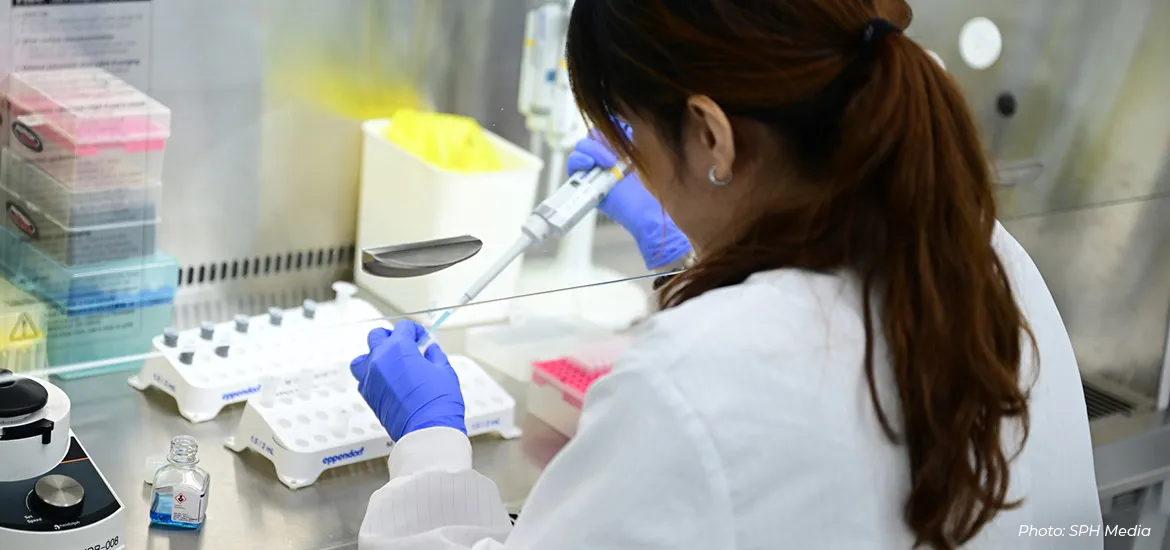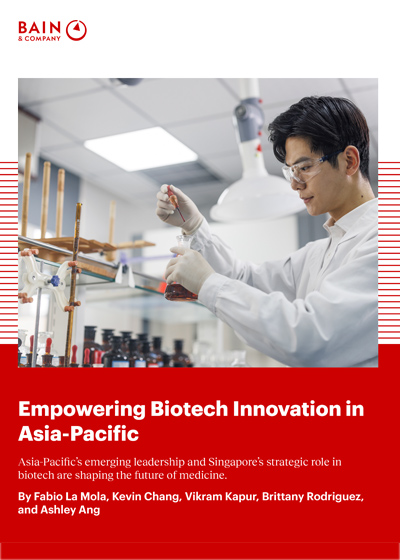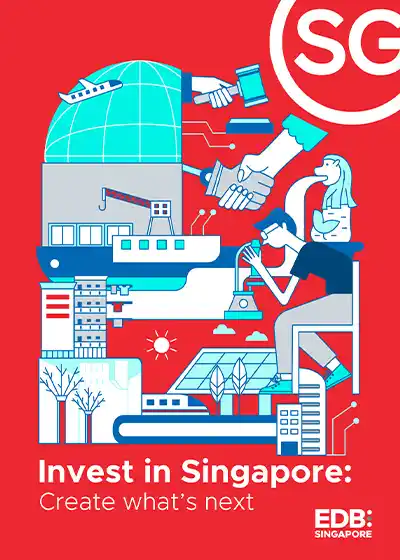International biotech venture capital (VC) firms are flocking to Singapore, drawn by the Asia-Pacific region’s growing life sciences sector, with one more European VC confirmed to set up operations before year-end.
This represents a significant change from a decade ago, when there were “practically zero VCs” of foreign origin in the biotech sector, noted Fabio La Mola, partner at consultancy firm Bain & Company.
Over the past two years, several global players have established operations in the city-state. US-based VC firms Polaris Partners, Flagship Pioneering, Accelerator Life Science Partners, and MPM BioImpact have all opened Singapore offices, alongside Novo Holdings, the investment arm of Danish diabetes drug manufacturer Novo Nordisk.
Aside from VC, another important part of the early-stage ecosystem is the support from incubator networks during this same period. JLabs, by American pharmaceutical giant Johnson & Johnson (J&J), and 65Lab backed by German drug discovery platform Evotec, have also set up shop here.
This has created a vibrant VC ecosystem, even as US President Donald Trump’s sweeping pharma tariffs have introduced some uncertainty to this growth momentum.
Still, La Mola estimated that more than US$250 million (S$323.79 million) has been raised and deployed in Singapore’s biotech sector so far.
As companies mature and new ones emerge, investment could grow to US$500 million within the next three to five years, he added.
Their timing is spot on as the Asia-Pacific is gaining global prominence in cutting-edge biotechnology such as mRNA treatments, cell and gene therapies, and artificial intelligence-powered drug discovery.
Increasingly, the region is being seen as an emerging global biotech hub, said a Bain report, of which La Mola was the lead author.
Singapore has emerged as a particularly attractive destination for global biotech investment, thanks to favourable intellectual property regimes, tax incentives, and regulatory reforms.








